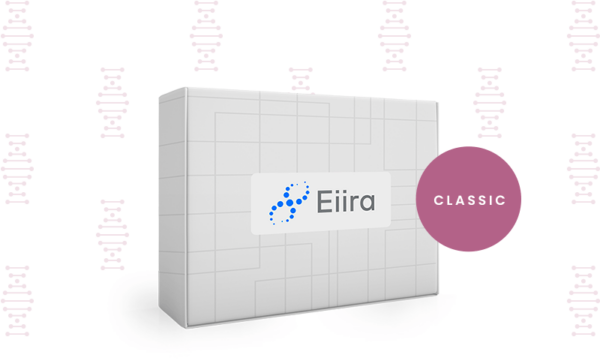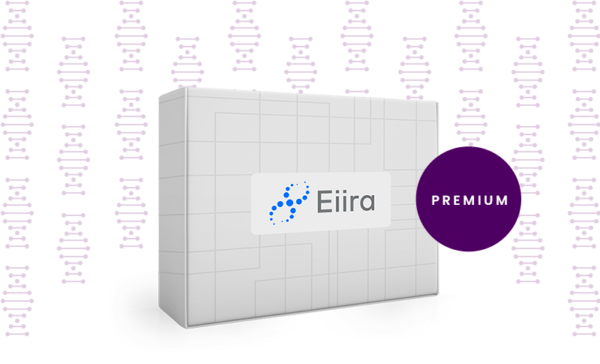
Cancer impacts millions of people worldwide and is a significant global health concern. It can cause considerable physical, emotional, and financial challenges. Various factors contribute to cancer development, such as lifestyle choices, environmental influences, and genetic predispositions. While not all cancer cases are hereditary, acknowledging the role of genetics in cancer risk is crucial.
By understanding these contributing factors, we can better equip ourselves to make informed decisions and adopt preventive measures to reduce our risk of developing cancer.
Cancer is a devastating disease that has affected millions of people worldwide. It is one of the leading causes of death worldwide and can cause enormous physical, emotional and economic suffering. Cancer can be caused by a variety of factors, including lifestyle choices, environmental factors and hereditary factors. While not all cancer is hereditary, it is important to understand the role of genetics in cancer risk.
Cancer is hereditary: myth or reality?
There is no doubt that genetics can play a role in cancer risk. Some cancers, such as breast, ovarian and colon cancer, are more likely to run in families due to inherited gene mutations. However, it is important to understand that most cancers are not hereditary. According to the American Cancer Society, 5-10% of all cancers are hereditary. Most cancers are caused by a combination of genetic and environmental factors.
Cancer cases in the family: what does it mean for me?
If you have a family history of cancer, it is understandable to feel concerned about your own risk. However, it is important to remember that having a family history of cancer does not necessarily mean that you will develop cancer. The risk of developing cancer is influenced by many factors, including lifestyle choices such as diet, exercise, and tobacco use.
If you have a family history of cancer, it is important to talk to your healthcare provider about your risk. Your healthcare provider may recommend genetic testing to determine if you have inherited gene mutations that increase your risk of developing certain types of cancer.
Empowering yourself against cancer: proactive strategies
While concerns about developing cancer are common, it’s essential to recognize the steps you can take to minimize your risk. The American Cancer Society suggests adopting these healthy lifestyle changes to lower cancer risk:
- Achieve and maintain a healthy weight
- Incorporate a nutritious diet rich in fruits, vegetables, and whole grains
- Engage in regular physical activity
- Refrain from tobacco use and moderate alcohol consumption
- Shield your skin from the sun’s harmful rays
Moreover, prioritize attending regular cancer screenings as advised by your healthcare provider. Early detection plays a crucial role in the successful treatment of various cancer types.
Embracing hope and resilience: supporting your loved ones through a cancer diagnosis
When a family member is diagnosed with cancer, it can be an emotional and challenging time for everyone. It’s essential to provide support and encouragement to your loved ones during this journey. Some ways to offer positive reinforcement include:
- Offering a listening ear and compassionate support: Be there for your loved one by actively listening to their concerns and providing comfort.
- Lending a helping hand with daily tasks: Assist with practical matters, like grocery shopping or transportation to medical appointments, to help ease their burden.
- Encouraging emotional and mental well-being: Suggest counseling or support groups as resources for coping and fostering resilience.
- Empowering yourself with knowledge: Learn about the specific type of cancer and treatment options to better understand and support your loved one.
Cancer is a multifaceted disease with various factors at play. Keep in mind that there is always hope, and many individuals overcome cancer to lead fulfilling, healthy lives.
References:
- National Library of Medicine. Hereditary cancer syndromes
- National Cancer Institute (2022). Genetics of Cancer

